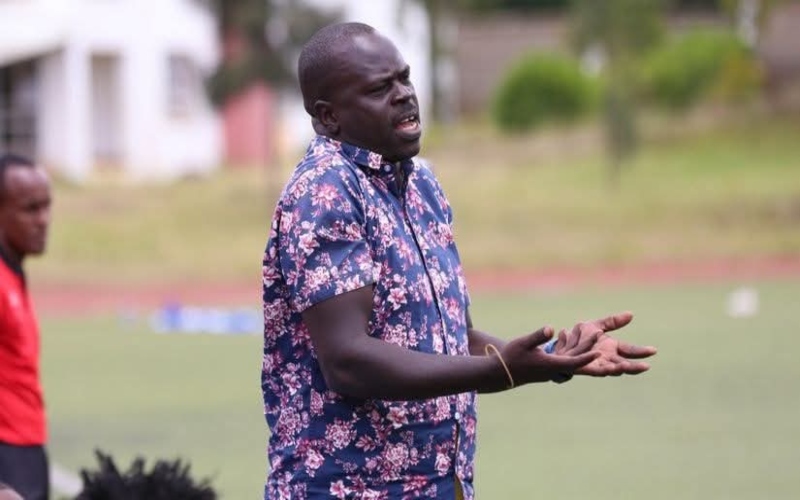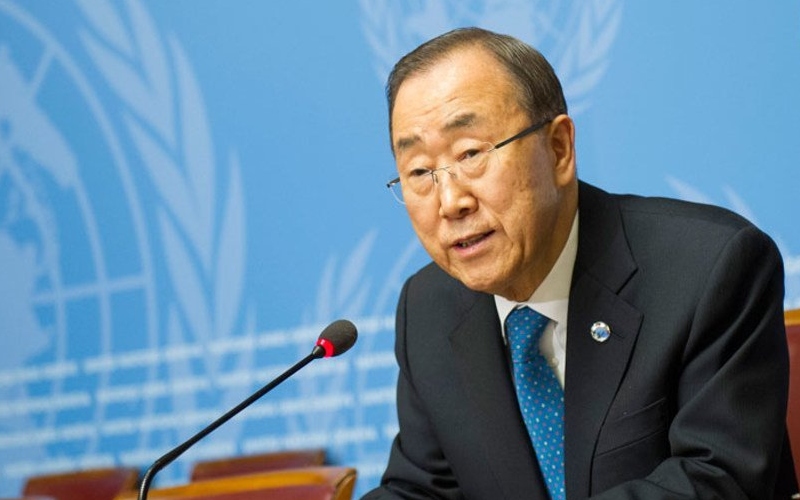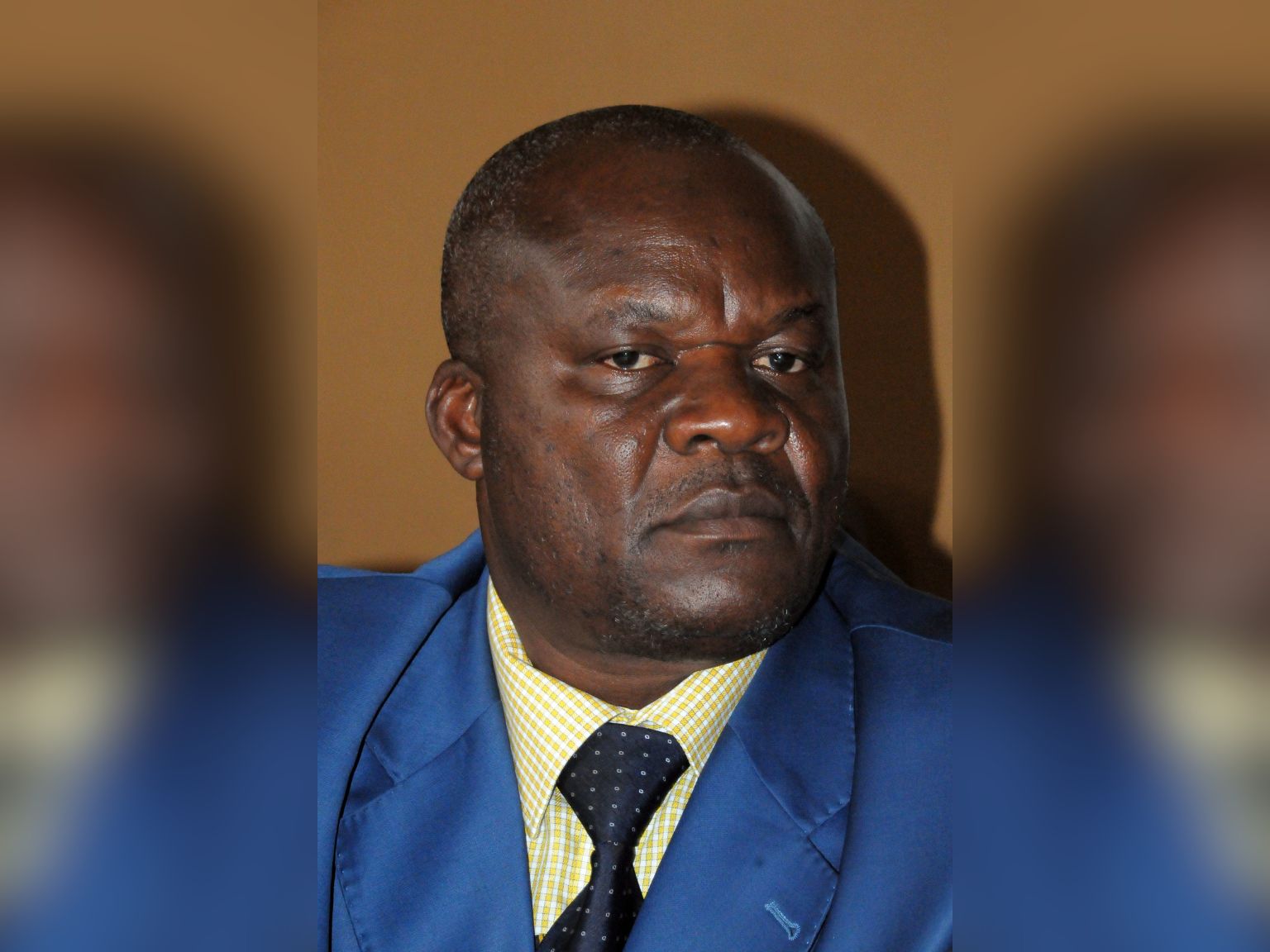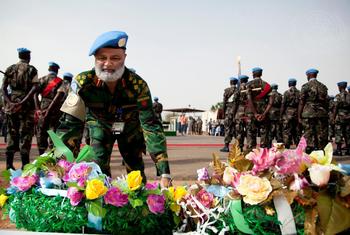ICJ dismisses Sudan’s genocide case against UAE over alleged support to RSF
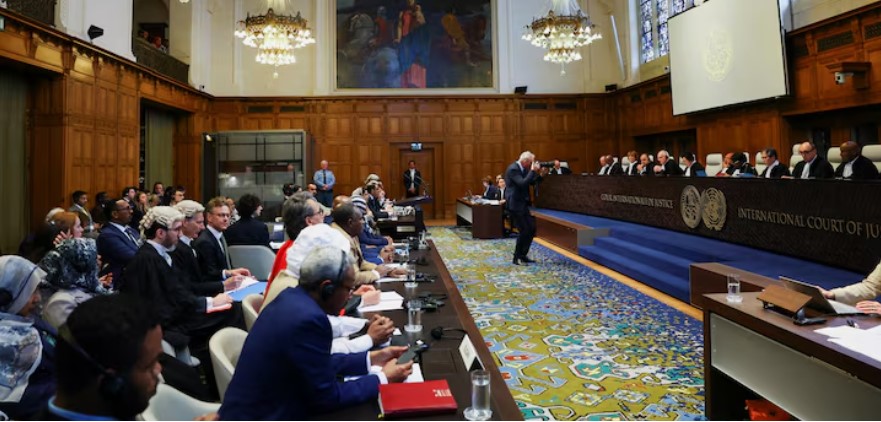
In a decision issued on Monday, the UN's top court ruled that it "manifestly lacked" jurisdiction to hear the case, effectively ending the proceedings.
The International Court of Justice (ICJ) has dismissed a case filed by Sudan against the United Arab Emirates (UAE), which alleged that Abu Dhabi violated the 1948 Genocide Convention by arming and financing the Rapid Support Forces (RSF) in Sudan's ongoing civil war.
In a decision issued on Monday, the UN's top court ruled that it "manifestly lacked" jurisdiction to hear the case, effectively ending the proceedings.
More To Read
- EU launches Sh530 million airlift to deliver life-saving aid to Darfur amid deepening Sudan crisis
- UN Secretary-General condemns ‘horrific’ drone strike on peacekeepers in Sudan
- Nine dead, 17 injured in RSF drone strike on Sudan’s Dilling military hospital
- Sudan war: Aid teams say deal struck to reach stricken El Fasher
- UK sanctions Sudan’s RSF commanders over atrocities amid ongoing conflict
- Maternal and newborn health in crisis as millions born in conflict zones, Save the Children warns
Although both Sudan and the UAE are signatories to the Genocide Convention, the UAE maintains a reservation to the specific article that allows the ICJ to settle disputes under the treaty. That legal carveout shielded it from being subjected to the court's jurisdiction.
In March, Sudan had asked the court to impose several provisional measures, including an order compelling the UAE to "do all it can to prevent the killing and other crimes targeting the Masalit people in Darfur".
But the UAE, dismissing the case as a "publicity stunt," challenged the court's authority during an oral hearing in April. Its legal team firmly argued that "the court had no jurisdiction" over the matter.
The case stems from the brutal civil war that erupted in Sudan in April 2023, when tensions between the regular army and the paramilitary RSF exploded into open conflict in Khartoum, eventually engulfing several parts of the country, especially Darfur.
Both warring sides have been accused of atrocities and violations of international humanitarian law.
The UAE, a key Gulf power and close US ally, has come under growing scrutiny over its alleged support for the RSF, a claim it has consistently denied despite mounting evidence.
With the ICJ's decision, Sudan's attempt to hold a foreign actor legally accountable for its spiralling internal conflict has hit a wall, highlighting the legal and diplomatic complexities of attributing international responsibility in proxy-influenced civil wars.
Top Stories Today
